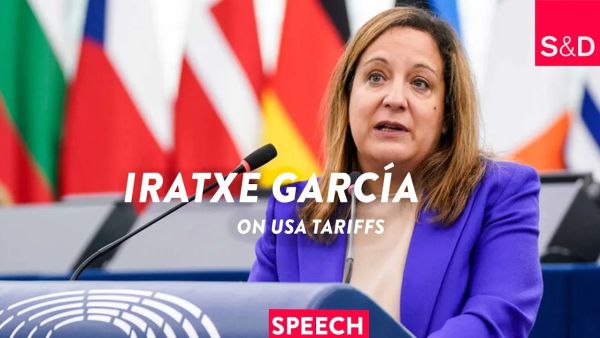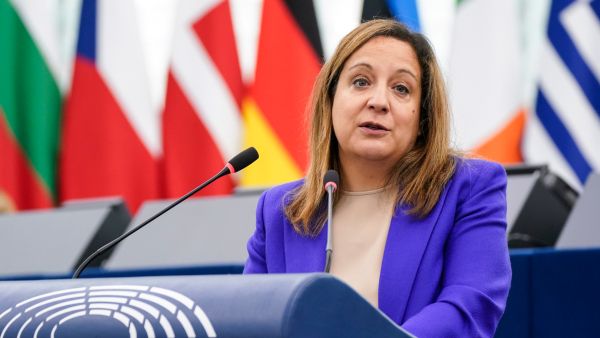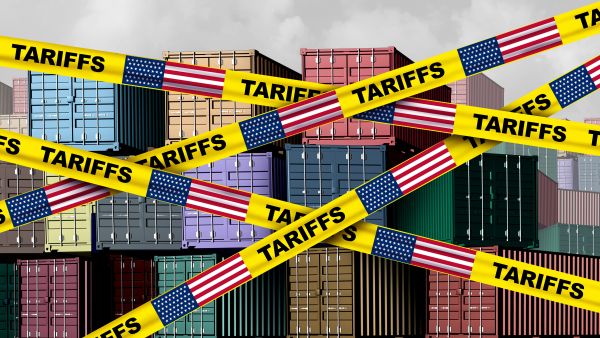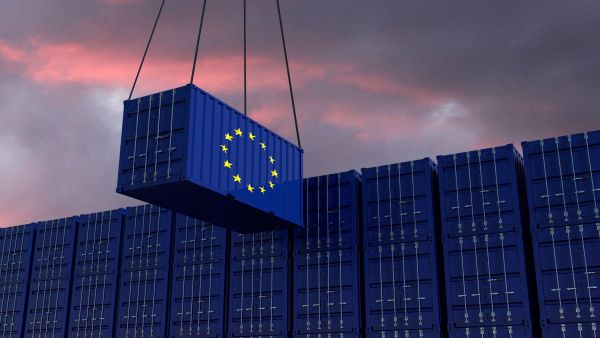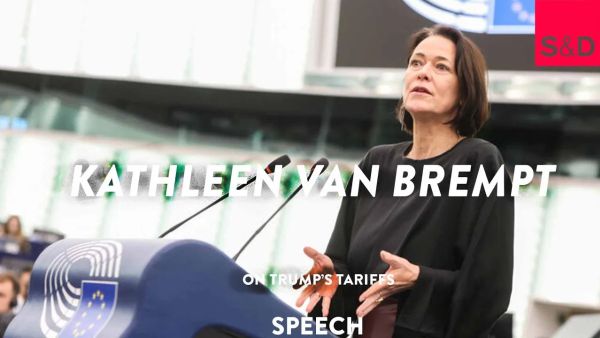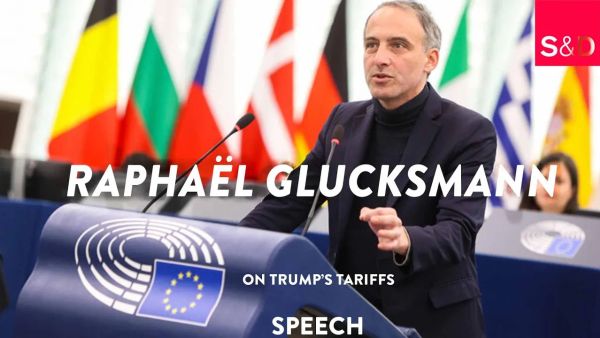The European Parliament will today debate and tomorrow vote the up-dated Enforcement Regulation as agreed in the negotiations with the Commission and member states. Thanks to these new rules, the Commission will be able to impose countermeasures at the end of dispute settlement procedures, once it receives the authorisation from the World Trade Organisation (WTO).
Bernd Lange, S&D MEP and chair of the international trade committee, said:
“Trump’s attacks on the multilateral trade system left the WTO’s Appellate Body, the multilateral authority to decide on trade disputes, in disarray. Instead of running the risk of facing disputes that are appealed into the void of a non-functioning Appellate Body, we decided to act and update our Enforcement Regulation. We now have an instrument that will allow us to take action and defend our interests, even in the current circumstances. We also extended its scope to services and aspects of intellectual property rights. Just as importantly, we extracted a commitment from the Commission to present an instrument to counter attempts to coerce the EU or its member states into certain actions. Lastly, the Regulation underlines the importance of the enforcement of our FTAs in their entirety, and the Commission's task to assertively enforce TSD commitments.
“The EU is and must remain committed to multilateral dispute settlements, a rules-based approach to trade and reforming the WTO’s Dispute Settlement Mechanism and its Appellate Body. But if the EU were put in the position to defend its commercial interests, we now have the tool to do so.”
Note to the editor:
In December 2019, the Commission tabled a proposal to amend the Enforcement Regulation, a rarely used instrument that allows the EU to suspend trade concessions offered to trading partners that do not abide by their commitments in bilateral and multilateral trade agreements. The revised EU Enforcement Regulation amends the existing one, which has been in place since 2014 and provides a common legislative framework for the enforcement of the EU’s rights under international trade agreements.
The current Regulation - a basis under EU law for adopting trade countermeasures - requires that a dispute goes all the way through the WTO procedures, including the appeal stage, before the Union can react. The lack of a functioning WTO Appellate Body allows WTO members to avoid their obligations and escape a binding ruling by simply appealing a panel report.





